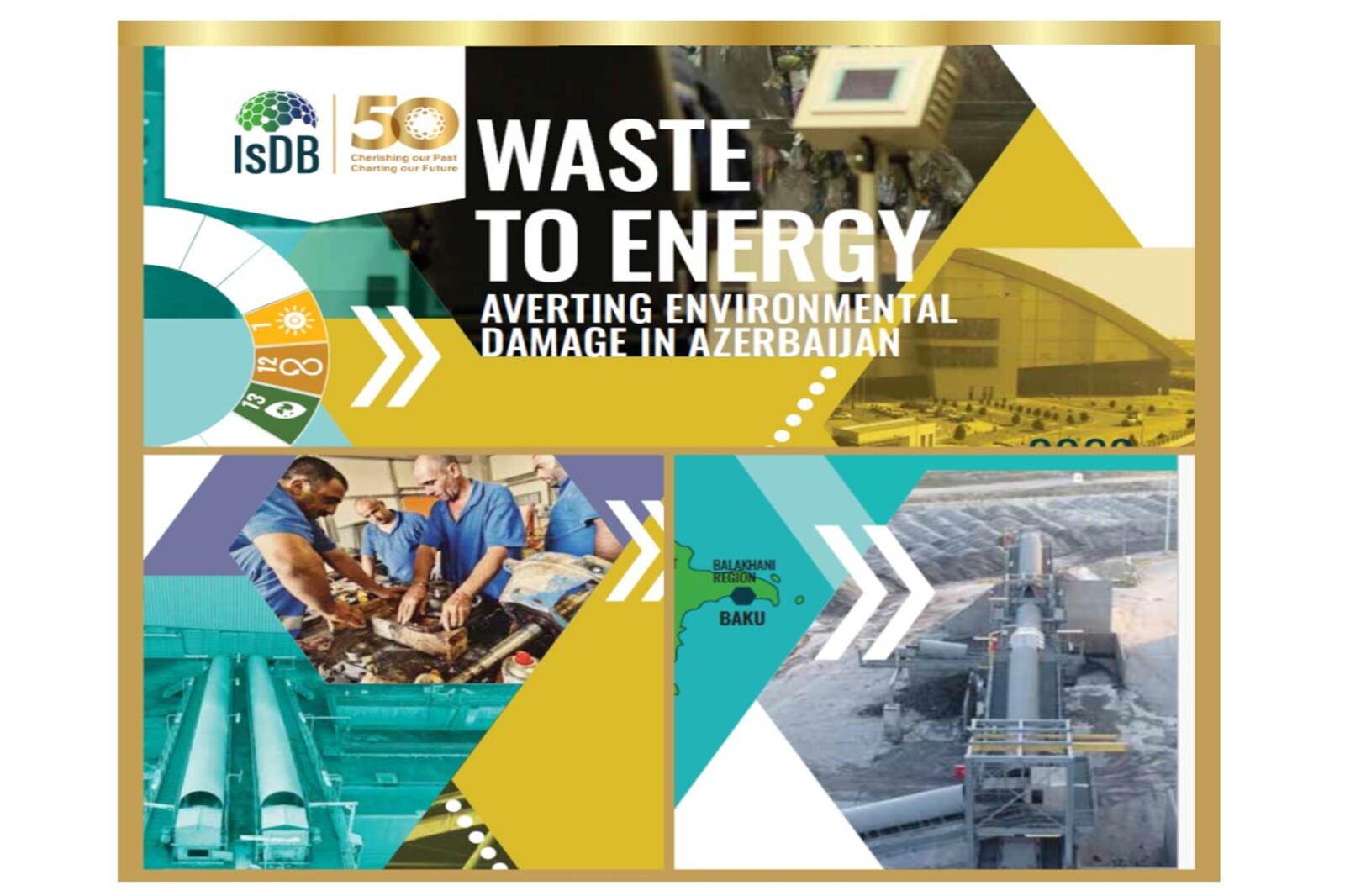
Clearing the Air: Baku's Journey from Waste Woes to Energy Wins
In the heart of Azerbaijan, Baku, the nation's vibrant capital, faced an environmental crisis mirroring the struggles of urban centers worldwide. The colossal Balakhani landfill, nicknamed the "City of Smoke," loomed on the city's outskirts, a stark symbol of years of environmental neglect. President Ilham Aliyev aptly described the situation: "The smoke of the garbage burned there poisoned the sky over the city." Zakir Ibrahimov, Chairman of Azerbaijan's Clean City initiative, echoed this sentiment, calling it a "gross violation" of environmental norms.
This backdrop set the stage for a groundbreaking transformation. Baku, the "City of Winds," stood poised to become a leader in green innovation. Home to roughly 2.7 million residents, the sprawling city bore the brunt of environmental degradation. Once distant, the Balakhani landfill had been engulfed by urban expansion, its toxic emissions a constant threat to public health.

The unveiling of the Baku Waste-to-Energy project marked a turning point. This ambitious three-year initiative, a collaboration between the Azerbaijani government and the Islamic Development Bank (IsDB), aimed to revolutionize waste management in Baku, ushering in a new era of environmental consciousness and public health improvement. By constructing the country's first waste-to-energy plant, Azerbaijan set a powerful precedent, demonstrating a steadfast commitment to sustainable development.
The project's scale and impact were remarkable. Over 4.8 million work-hours culminated in a state-of-the-art facility capable of transforming over 500,000 tons of municipal solid waste into 230 GWh of electricity annually. This not only addressed the pressing waste management issue but also provided a clean energy source, powering over 50,000 Baku households.
Beyond the statistics, the project's impact was transformative. Since its inception, the plant has processed over 3.2 million tons of household waste (2012-2020), significantly reducing reliance on landfills. The remarkable achievement of treating and sorting 80% of Baku's household waste surpasses initial goals and aligns with stringent EU environmental directives.
The project's success stemmed from a powerful partnership that bridged local initiatives with international expertise. The collaboration between the Azerbaijani government and the IsDB exemplifies the synergy required for such a groundbreaking endeavor. The IsDB's involvement brought not only financial resources but also a wealth of knowledge and experience in executing large-scale sustainable projects. This partnership proved instrumental in navigating the complexities of implementing cutting-edge technology and ensuring adherence to the highest environmental and health standards.
The Baku Waste-to-Energy plant is a testament to what can be achieved through collaborative effort and visionary leadership. With its state-of-the-art emission control systems, the facility represents a leap forward in environmental stewardship, setting a benchmark for waste-to-energy operations globally. Its ISO 14001 certification reflects a commitment to environmental management and sustainability, principles that are now central to Azerbaijan's developmental agenda.
The project has had a ripple effect, sparking a broader conversation about sustainability and waste management in Azerbaijan and beyond. The introduction of semi-automatic sorting facilities and plans for further waste transfer stations highlight a proactive approach to improving plant efficiency and effectiveness. Furthermore, engagement with international partners like the World Bank has opened avenues for enhanced cooperation and innovation.
Baku's waste-to-energy initiative is more than just a project; it's a paradigm shift towards a greener, more sustainable future. It exemplifies how strategic partnerships, guided by a commitment to sustainability and public welfare, can transform challenges into opportunities for environmental rejuvenation and social progress. As cities around the world grapple with similar issues, Baku's journey from the "City of Smoke" to a beacon of green innovation offers hope and inspiration. Baku's story proves that with the right mix of leadership, collaboration, and innovation, a brighter, cleaner future is within reach.
